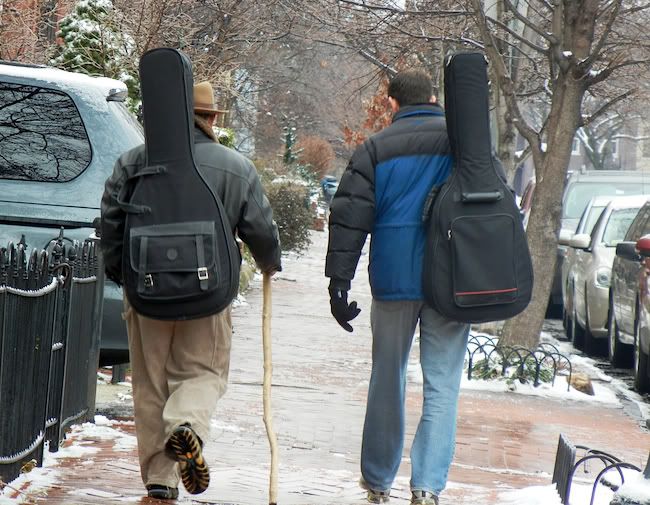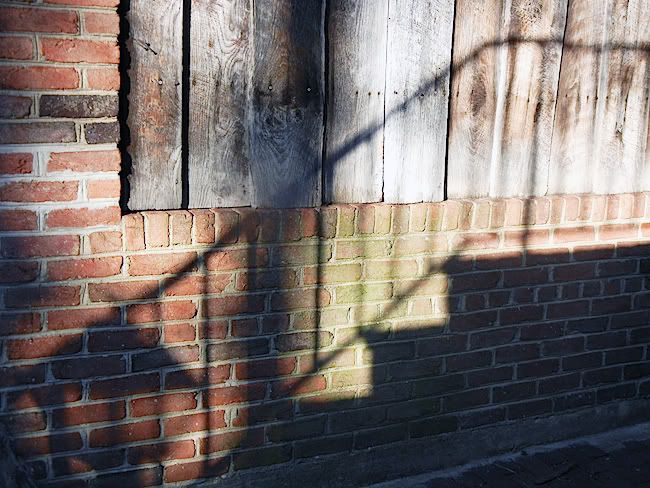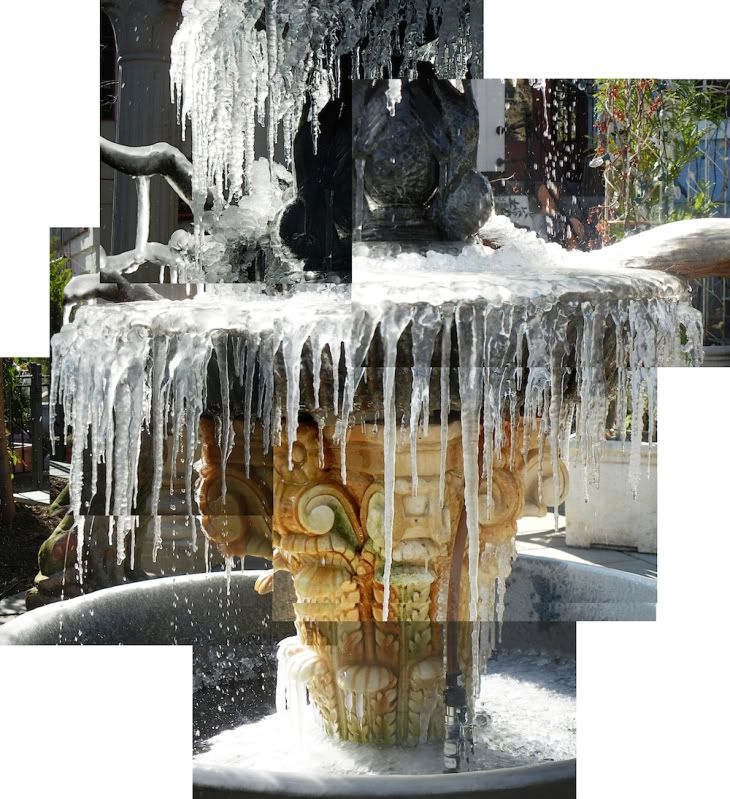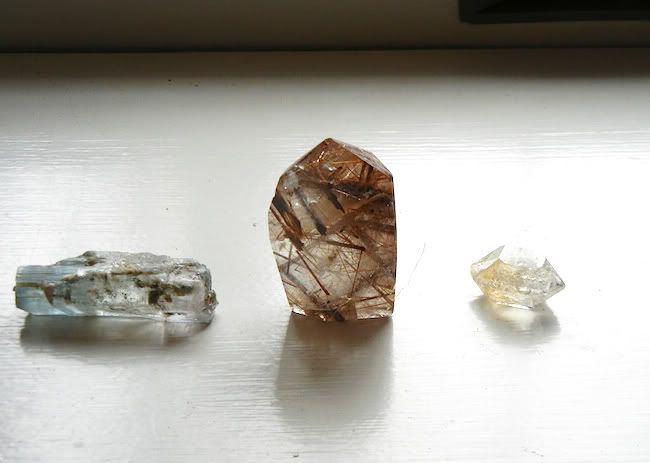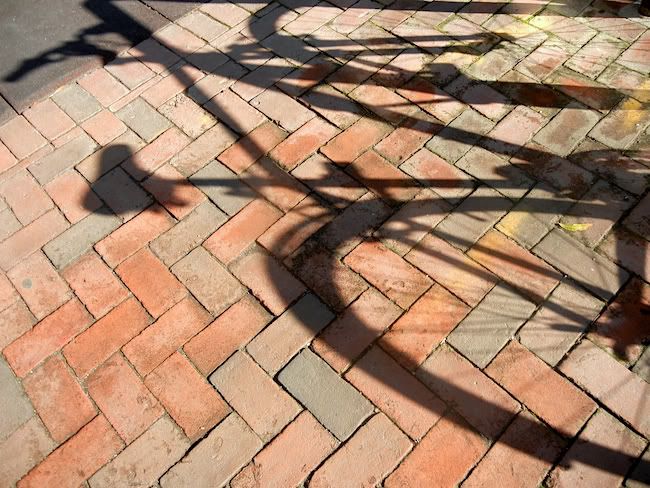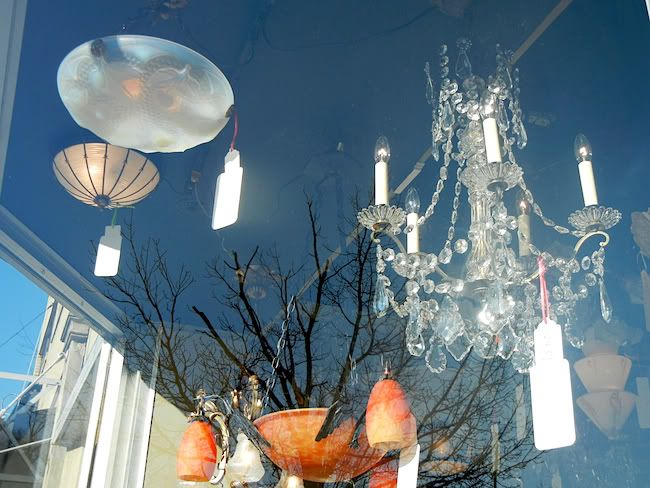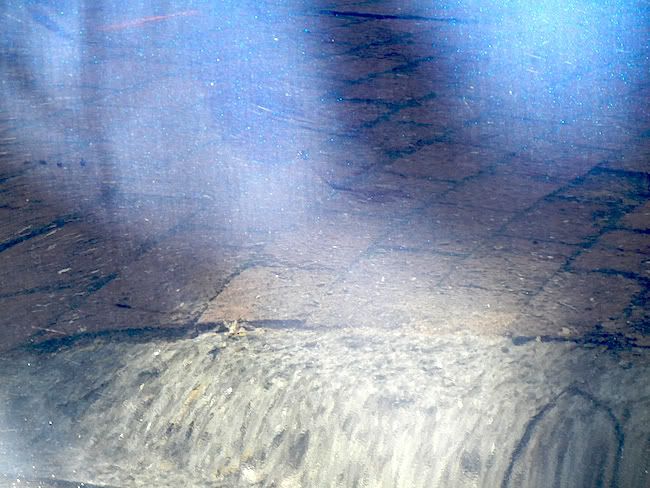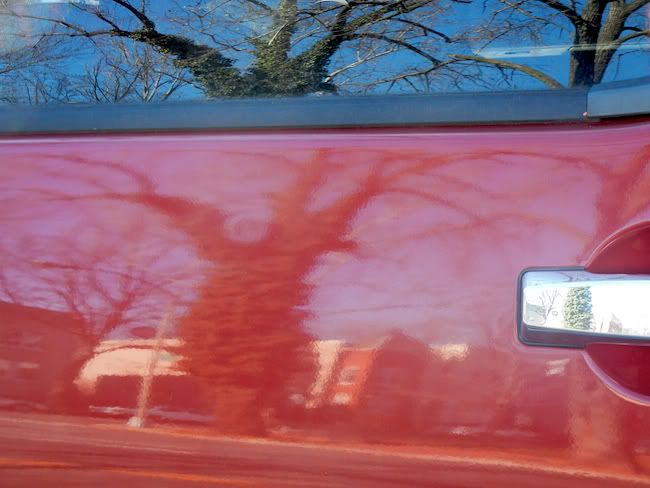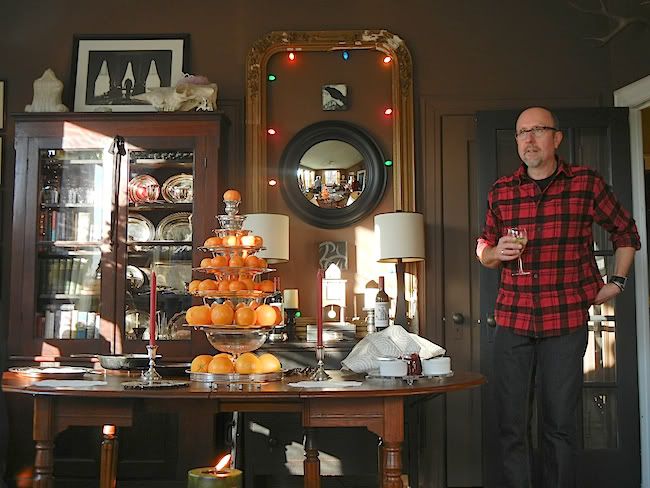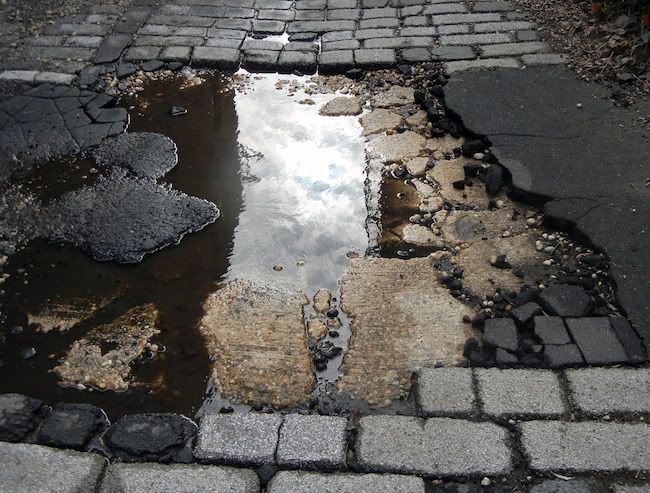
I promised to write about how posture reflects the way people think. I will, but not today. Today I'm thinking about a family whose 28 year old daughter died yesterday. I'm thinking about the friend who had to euthanize her beloved dog, a client who is trying to make sense of a miscarriage and another friend whose mother is about to pass away.
I'm thinking about what it feels like when someone I love dies, how incomprehensible the news is, and afterwards, the process of grieving which is unmanageable, unpredictable, overwhelming, simultaneously heartening and disheartening.
I'm thinking about rituals of grieving, about how in some places professional grievers are hired to cry and wail because it's believed that the soul needs tears in order to move on. In other places people try not to grieve visibly as it's believed that the tears hold back the soul. No one knows for sure what works best. In Judaism we sit Shiva, a wonderful ritual in which we're allowed to be total wrecks for a week. After a week, nothing much has changed in terms of grieving, but we stand up, take a shower, and re-enter our lives. We sing the Kaddish together and begin the slow swim through the icy waters of grief, back to what we think is "normal."
I love rowdy wakes with lots of food and drinking and toasts to the one who has passed on, and I love memorials in which people take turns telling stories. The standard funeral with the body displayed in front of a congregation, a preacher/minister/priest doing the facilitating, well, that's one grieving ritual I don't understand, though I respect every way in which we honor the dead and their families.
Standard bereavement leave in the United States is three days. My question this morning is, what the hell is a person supposed to do in three days? We are so harsh about taking time away from work. People are supposed to come back full time just 12 weeks after giving birth, three days after the death of a beloved. Here in the U.S. we are terribly heartless, terribly harsh when it comes to these things.
Live well and fully today, ok? L'chaim.




